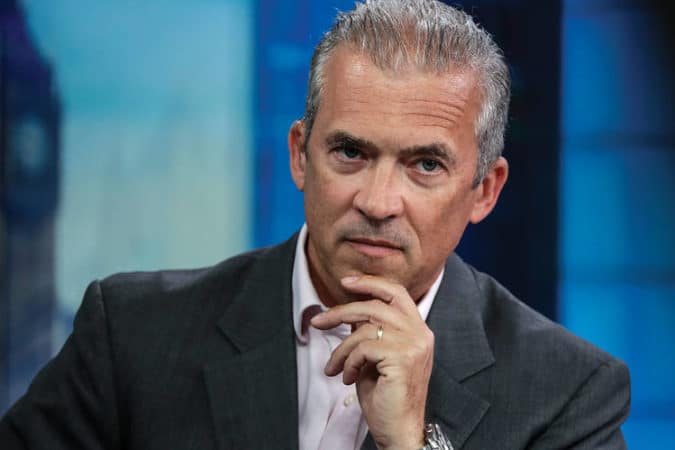The year was 2009 and the world was just beginning to recover from the 2008 global financial crisis. The lead perpetrators of the crisis were the legacy financial institutions. People were losing faith in the banks, and the banks were shutting down. The world was in turmoil.
It was during this chaos that Satoshi Nakamoto launched possibly the greatest invention since the internet: Bitcoin. The peer-to-peer currency was developed to give back to the people power over their currency. Bitcoin was controlled by mathematics and computer programming. For the first time, the government had no right to dictate the currency market.
This hasn’t gone down well with the banks, regulators, hedge funds and other institutions that had control over the market. This is no surprise. They have felt threatened ever since Bitcoin infiltrated the financial industry. Regulators have clamped down on Bitcoin, as is the case with India’s Reserve Bank. Banks have labeled it a bubble and denied their clients the right to buy it, as is the case with Wells Fargo. And now, the chief executive of Europe’s biggest asset manager is calling for Bitcoin to be shut down. Is anyone of us surprised?
Outlaw Bitcoin!
Speaking at a panel discussion in London this week, Andreas Utermann called on regulators to ban Bitcoin. Utermann is the chief executive of Allianz Global Investors, the investment arm of Munich-based financial services giant Allianz. Allianz is an insurance and asset management company, the largest property insurer in the world.
You should outlaw it. I am personally surprised that regulators haven’t stepped in harder.
Utermann proceeded to attack cryptos, stating that they have misled many to invest their savings only to lose them. According to him, there’s no intrinsic value in cryptos.
Contradicts His Colleague
While Utermann is hostile to cryptos, not everyone at Allianz shares his views. Just two weeks ago, the firm’s chief economic adviser stated that he believes cryptos are here to stay. Speaking during the recent Consensus conference, Mohamed El-Erian stated that cryptos will gain wider acceptance after the recent entry of institutional investors.
I think cryptocurrencies will exist, they will become more and more widespread, but they will be part of an ecosystem. They will not be dominant as some of the early adopters believed them to be.
El-Erian also disclosed that he had opened a Bitcoin account, but only to test the currency’s efficiency. The current meltdown is normal for any market, he added. While he was initially skeptical about Bitcoin, he has since changed his mind and believes crypto will play a big part in the economy in the near future.
[thrive_leads id=’5219′]
You Can’t Ban Bitcoin
Bitcoin can’t be banned.
This is great news for the hundreds of millions of us who believe in devolving power to the people. However, for the few elites who have had a stranglehold on the rest of us for centuries, the news isn’t as good. This group of people has made self-serving policies to benefit themselves. They have dictated the money supply to suit their needs.
Bitcoin may not take over tomorrow. It certainly won’t make the euro or the U.S. dollar irrelevant. However, it will eliminate many of the barriers that have been put up by the elites to deny people access to basic financial services.
In Africa, remittances make up around 30 percent of the continent’s GDP. However, the region has the highest remittance fees in the world, twice as high as second-placed South-East Asia. The challenge is worsened by the fact that a huge proportion of the population doesn’t have a bank account.
Mobile money is, however, quite efficient on the continent. In some countries, it’s even more efficient than the Western systems such as Venmo and Cash App. Take Kenya’s M-Pesa for example. This established mobile money system could make it very easy for cryptos to take root. It could also solve a very huge challenge for the African people.
So to Utermann, no, you can’t ban Bitcoin. It’s here to stay and to transform the lives of its users.
Image via Simon Dawson/Bloomberg/Getty Images
Never Miss Another Opportunity! Get hand selected news & info from our Crypto Experts so you can make educated, informed decisions that directly affect your crypto profits. Subscribe to CoinCentral free newsletter now.










